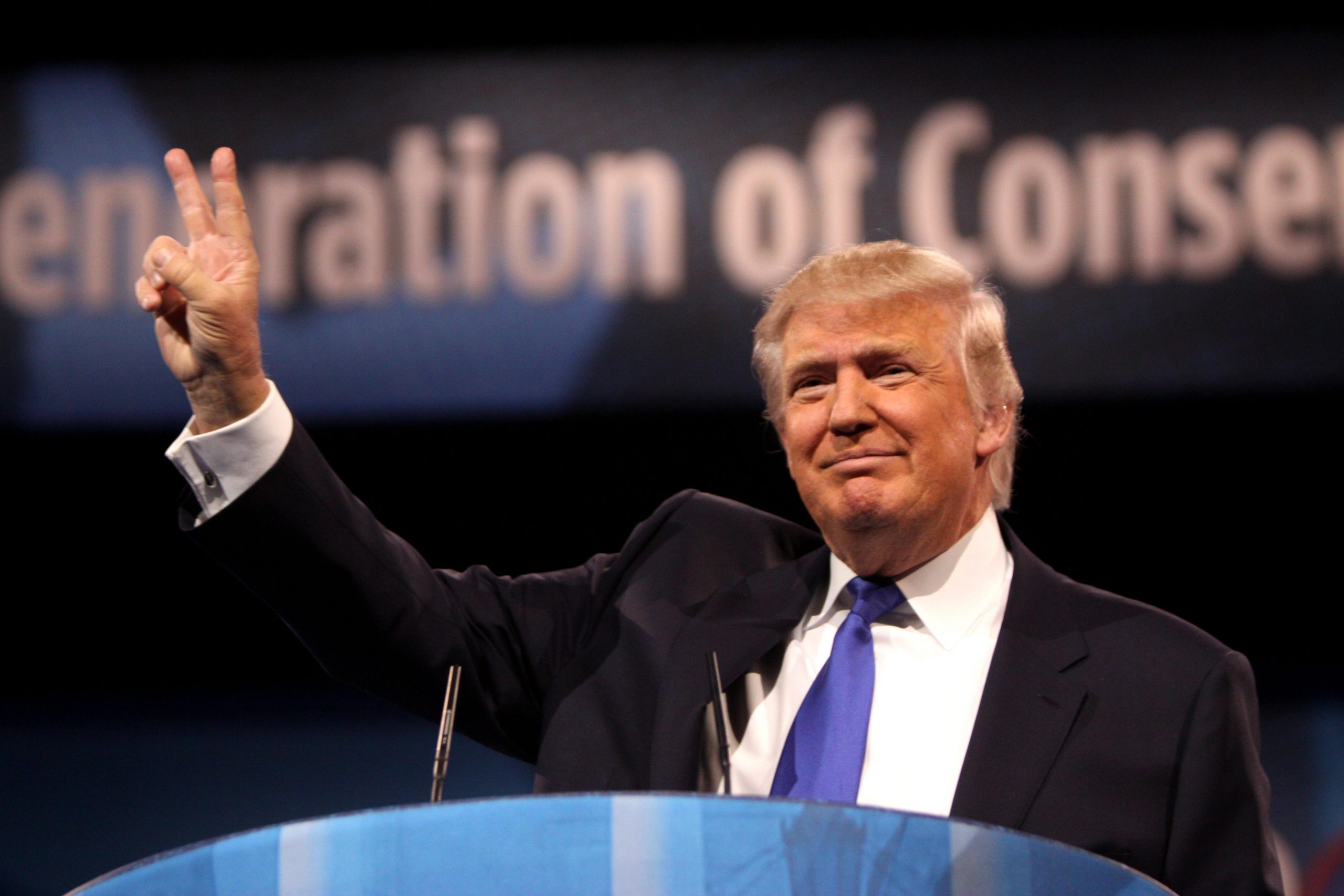By Morgan Deane:
Donald Trump received a call from a Taiwanese leader which upset foreign policy analysts and Chinese officials. There have been various arguments since then ranging from the idea Trump is a genius for trying to leverage China using Taiwan, or that Trump is just clueless. Most news articles, though, barely comment on why there is this awkward relationship between the three countries in the first place, and the history of the island and Chinese borders. The result should be a more nuanced analysis of Taiwan’s place in history and a better appreciation of American foreign policy towards the two East Asian powers.
The final part of the territory’s history is the most important. The Nationalist and Communist Civil War went through several active and dormant phases before and during World War II. The US tried to broker peace after the war ended, but the civil war reignited and Chiang Kai Shek and the Nationalists lost. They retreated to Taiwan to establish what they saw as the legitimate government of China. The most comparable situation that Americans would understand is the American Civil War ending but South Carolina still being a separate country. Americans would naturally say, South Carolina is a separate country but it’s really American and will be American again. The analogy isn’t perfect, but China feels roughly the same way about Taiwan. American policy has reflected this complicated reality. They support Taiwan as a country in a de facto sense. Taiwan has its own borders, armies, currency, and government. But America also supports and has ratified legislation to support, at least in theory, the One China policy. This means that arms sales to Taiwan are technically intervening in a civil war within one country. The phone call that Trump received equated Taiwan with a head of state, which the Chinese and US policy says it isn’t.
But a look at Chinese history makes this less of a faux pas. The borders of China have not always had the same definition. The map of modern China as we know it was only created in the late 18th century. The Kaangxi emperor, China’s greatest martial emperor, expanded boundaries in every direction. But during various periods it fluctuated wildly. During the early years of a dynasty, a vigorous leader often controlled large amounts of Asia including Korea, Northern Vietnam, and oasis cities in central Asia along the Silk Road in the Tarim basin. During periods of Chinese weakness, their control often shrunk to the core areas around the Yellow and Middle Yangtze Rivers.
The ethnicity of the regions varied a good deal, as well as the political control of the regions. Ethnic Han Chinese settled lowland valleys, but many other ethnicities continued to live in the rugged highlands around those valleys. For much of Chinese history, these highland regions were as politically and ethnically remote from the idea of a static China as their geography was rugged. In some areas the trend continued into the 20th century. On top of that, during the period of disunion, roughly the same period as the fall of Rome for Europe, a large influx of foreign tribes entered the region. The centuries of marriage and mingling between the groups bred a Sino-Turkish elite that then conquered China and, ironically enough, set the standard for what was Chinese. In short, both the political boundaries and ethnic composition of China has fluctuated a great deal. Arguments about China’s claim to Taiwan is based on fluctuating concepts of territorial control and ethnicity.
Taiwan has traditionally never been a key part of Chinese territory. Its very remoteness actually made it attractive as a land stand for those fleeing rule. The remnants of both the Song and Ming dynasties held out in Southern China and islands in this region. It was a base for pirates called Wokou in the mid-16th century. These pirates, a group comprised of various traders in the area, including Japanese merchants and Southern Chinese elites that wanted to skirt Ming trading policies. Taiwan then became a location of a Portuguese trading base. It was only formally annexed by the Qing dynasty in 1683. Since China has existed as a political entity for thousands of years this is an extremely late addition to Chinese territory and has a smaller claim to being traditionally Chinese than many other areas. It was ceded to Japan in 1895 after China’s disastrous defeat in the First Sino Japanese War. This war showed how China’s modernization efforts were failing, and signaled that China was unable to resist Western aggression and territorial demands. The ceding of Taiwan was one of what China calls the “unequal” treaties. This includes borders with Russia concerning the Ili province and Mongolia, as well as borders with India.
This brings us back to recent history. After winning the civil war, the new Communist rulers of China sought to address the unequal treaties. Even if these territories were not traditionally areas of Chinese control stretching back thousands of years, they had just recently gone through almost a 100 years of Western bullying and imperialism. They are especially sensitive to foreign meddling in what, to them, is an unfinished civil war. That is why they want support for the ‘One China’ policy without interference from outside powers.
For the most part, this is a controversy of the day for the quibbling press corps. But even a phone call can touch upon long standing history of the region, ranging from an unfinished civil war all the way to the changing interpretation of what is traditionally Chinese territory. Considering that China is a nuclear power with an aggressive stance in the South China Sea, it is very important to consider the impact of our actions and how the Chinese might react to it.
Morgan Deane is an OpsLens Contributor and a former U.S. Marine Corps infantry rifleman. Deane also served in the National Guard as an Intelligence Analyst.

















